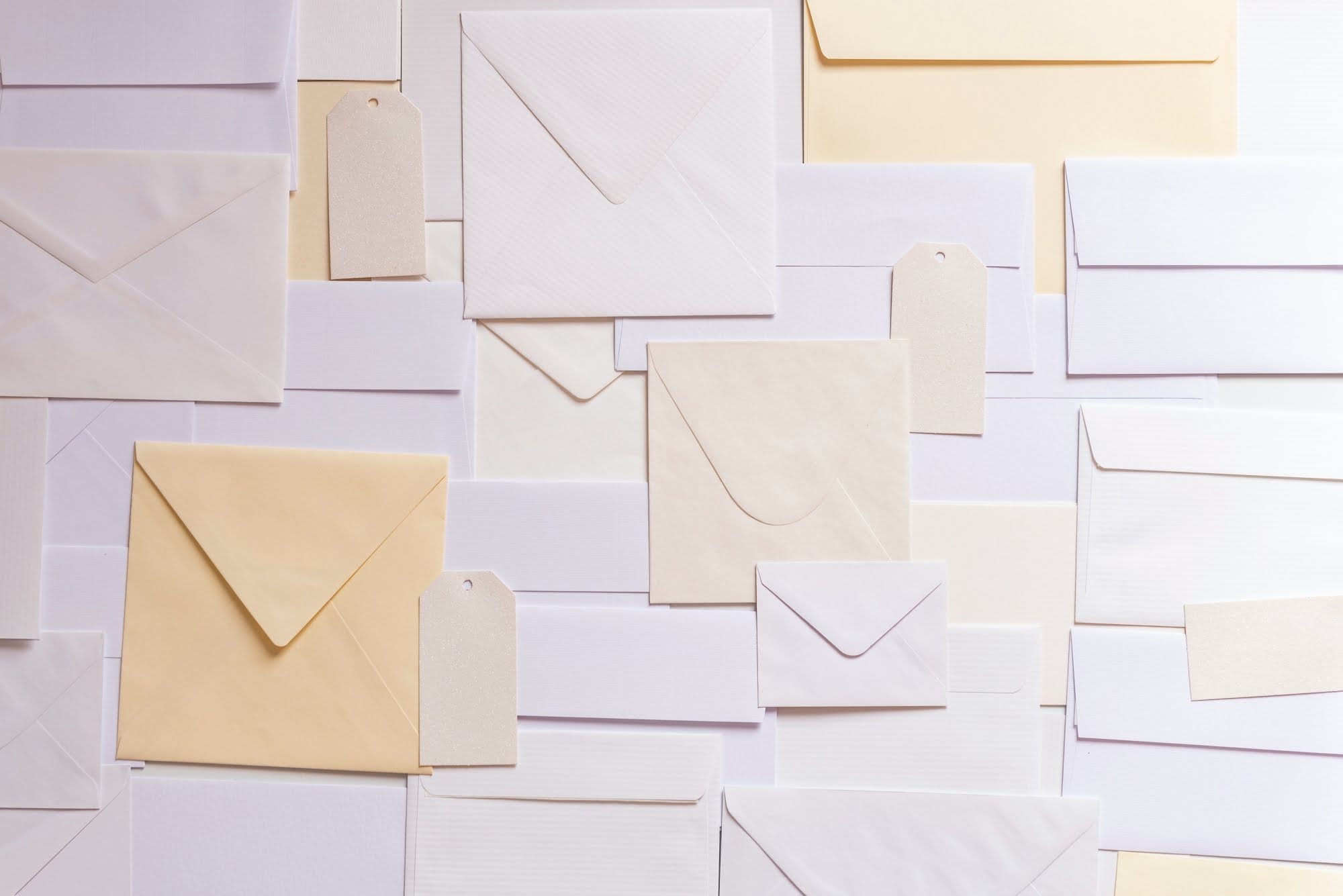Email has deeply entrenched itself in some areas of biblical studies.((Header image provided by Joanna Kosinska.)) It can be a difficult tool to avoid picking up. But it also “has a mind of its own” and can easily start using you rather than letting you use it.((Cal Newport, A World without Email: Find Focus and Transform the Way You Work Forever ( affiliate disclosure; New York: Portfolio Penguin, 2021).))
But is it possible to avoid this tendency? Can you use email without being used by it?
Email is like mail.
I’d like to answer this question in the affirmative. It’s true that email makes you accessible to anyone who has your address and an internet connection. But that’s not uniquely true of email (or other messaging tools).
You could say much the same for things like physical mail. Before the advent of the Internet, you were accessible to anyone who had your mailing address and could arrange the necessary postage.
And—not least from my perspective specializing in Paul, whose surviving corpus consists solely of letters—letters and accessibility through them aren’t a bad thing.
Email is unlike mail.
The change email introduced into the situation was in lowering the barrier to entry. Once one has an internet connection, the cost of sending an email amounts only to the time and effort the message takes to compose.
For a physical letter, senders still incur that cost. But they also have additional costs of arranging postage and conveying the letter to the carrier.
It’s a case of supply and demand economics at work. By increasing the supply (or availability) of written communication while also decreasing the cost of that communication, demand for that communication naturally increases.((See Newport, World without Email.))
Conclusion
Given this environment, what’s required is an improved way of working with email (or perhaps without it). This way of working must both
- account for email’s greater likelihood of proliferation and
- maximize your focus on what’s important.((Here, an adaptation of David Allen’s advice is helpful when he comments, “the better you get, the better you’d better get.” Getting Things Done: The Art of Stress-Free Productivity ( affiliate disclosure; New York: Penguin, 2003). That is, the better you—as a society—get at generating email, the better you—as an individual—need to get at addressing what society has generated for you.))
Along these lines, there are a few principles and tools that I’ve found helpful. And I’m discussing these in subsequent week’s posts.
